Understanding the Financial Aspect of Couples Rehab Programs
When couples face challenges with addiction, the road to recovery can seem overwhelming—not just emotionally and physically, but financially as well. For residents of Orange County, Couples Rehabs offers specialized programs designed to help partners heal together, fostering connection and mutual support. While the emotional and relational benefits of couples rehab are clear, understanding the financial aspects of these programs is a critical step in planning for a successful recovery journey.
In this article, we’ll break down the costs associated with couples rehab programs, explore ways to make treatment more affordable, and provide valuable insights to help you and your partner take the first step toward recovery.
Why Choose Couples Rehab Programs?
Couples rehab programs, such as those provided by Couples Rehabs in Orange County, offer a unique approach to addiction treatment. These programs focus on helping partners support each other while working toward sobriety. By addressing the dynamics of the relationship alongside individual struggles with addiction, couples rehab strengthens the foundation of the partnership.
Benefits of Couples Rehab
- Joint Healing: Tackling addiction together encourages accountability and mutual support.
- Tailored Treatment Plans: Programs are customized to address the unique needs of each couple.
- Rebuilding Trust: Therapy focuses on rebuilding trust and improving communication.
- Relapse Prevention: Learning how to navigate life’s challenges as a team reduces the risk of relapse.
While the benefits are invaluable, many couples hesitate to seek help due to concerns about cost. Let’s explore the financial aspect to provide clarity and guidance.
Breaking Down the Costs of Couples Rehab
The cost of couples rehab programs can vary widely depending on several factors. Couples Rehabs in Orange County offers a range of treatment options, ensuring that every couple can find a program that suits their needs and budget.
Factors Influencing Cost
- Level of Care
- Inpatient Programs: These typically involve 24/7 care, including housing, meals, therapy, and medical support. Inpatient programs are often more expensive due to their comprehensive nature.
- Outpatient Programs: These programs allow couples to live at home while attending therapy and treatment sessions. Outpatient care is usually more affordable than inpatient care.
- Duration of Treatment
- Short-term programs (30 days) cost less than long-term programs (60-90 days or more), but the longer duration often yields better outcomes.
- Services Included
- Programs offering holistic services, such as yoga, meditation, or art therapy, might have higher fees.
- Additional medical care, such as detox services, also increases costs.
- Facility Amenities
- Luxury rehab centers with resort-style amenities, private rooms, and gourmet meals come at a premium price.
- Insurance Coverage
- The extent of coverage varies by provider and policy. Couples Rehabs works with many insurance companies to help offset costs.
Average Cost of Couples Rehab Programs
To provide a general sense of what to expect, here’s an average range of costs for couples rehab programs in Orange County:
- Inpatient Programs: $10,000 – $50,000 per month
- Outpatient Programs: $1,500 – $10,000 per month
- Detox Services: $5,000 – $15,000 (one-time cost)
It’s essential to note that the investment in rehab often saves money in the long run by reducing the financial strain associated with untreated addiction, including medical bills, legal fees, and lost income.
Ways to Make Couples Rehab More Affordable
The cost of rehab should never prevent couples from seeking help. Couples Rehabs in Orange County offers several solutions to make treatment more accessible.
1. Insurance Options
Many insurance plans cover addiction treatment, either fully or partially. Couples Rehabs has experienced staff who can verify your insurance benefits and explain your coverage. Common insurance providers include:
- Private insurance plans
- Employer-sponsored plans
- Medicaid or Medicare (depending on eligibility)
2. Payment Plans and Financing
If insurance doesn’t cover the full cost, Couples Rehabs offers flexible payment plans to help spread the expense over time. Third-party financing options may also be available.
3. Scholarships and Grants
Some nonprofit organizations provide grants or scholarships for individuals and couples seeking addiction treatment. Couples Rehabs can guide you toward these resources.
4. Health Savings Accounts (HSAs) or Flexible Spending Accounts (FSAs)
If you have an HSA or FSA, you may be able to use these funds to cover eligible rehab expenses.
5. Sliding Scale Fees
For couples facing financial hardship, sliding scale fees based on income may be an option. Speak with a Couples Rehabs representative to learn more.
Investing in Your Future: The Value of Couples Rehab
While the upfront cost of couples rehab might seem daunting, it’s important to view it as an investment in your future. The benefits of sobriety, improved relationships, and overall health far outweigh the financial commitment.
Financial Benefits of Rehab
- Reduced Healthcare Costs
- Untreated addiction often leads to costly medical issues. Rehab can prevent these expenses.
- Increased Productivity
- Sobriety allows couples to regain focus on careers, leading to higher earning potential.
- Legal and Financial Stability
- Avoiding legal troubles and rebuilding financial health are common outcomes of successful rehab.
- Improved Quality of Life
- Investing in rehab leads to better physical and mental health, saving money on long-term healthcare needs.
How Couples Rehabs in Orange County Can Help
Couples Rehabs is dedicated to providing compassionate, effective treatment for couples struggling with addiction. Located in beautiful Orange County, the center offers a serene environment for recovery and a team of experienced professionals ready to support you and your partner on your journey.
Services Offered at Couples Rehabs
- Detox Programs: Safe and supervised medical detoxification.
- Inpatient Rehab: Comprehensive residential programs with 24/7 care.
- Outpatient Rehab: Flexible treatment options for couples with other commitments.
- Therapy and Counseling: Individual, couples, and group therapy sessions.
- Relapse Prevention: Skills and strategies to maintain long-term sobriety.
Taking the First Step Toward Recovery
Navigating the financial aspects of rehab can feel overwhelming, but help is available. Couples Rehabs in Orange County is committed to making recovery accessible and will work with you to find a solution that fits your budget.
Remember, the cost of rehab is a small price to pay for the immense benefits of sobriety and the opportunity to rebuild your relationship. By taking this step, you and your partner can create a brighter, healthier future together.

FAQ: Understanding the Financial Aspects of Couples Rehab Programs
Here’s a curated FAQ section designed to address common questions about the cost and financial planning for couples rehab programs. This content is optimized for search engines and tailored for Couples Rehabs in Orange County.
1. What is the average cost of couples rehab programs?
The cost of couples rehab programs varies depending on factors like the level of care, program duration, and included services. On average:
- Inpatient rehab: $10,000 to $50,000 per month.
- Outpatient rehab: $1,500 to $10,000 per month. Couples Rehabs in Orange County provides a range of programs to suit different needs and budgets.
2. Does insurance cover couples rehab programs?
Many insurance plans cover addiction treatment, either partially or fully. Couples Rehabs works with several major insurance providers to verify coverage and minimize out-of-pocket costs. Contact Couples Rehabs for a free insurance verification to see what your policy covers.
3. Are payment plans available for couples rehab programs?
Yes, Couples Rehabs in Orange County offers flexible payment plans to make treatment more accessible. These plans allow couples to spread the cost over manageable monthly payments. Speak with a representative to discuss available options.
4. What factors influence the cost of couples rehab?
Several factors affect the cost of couples rehab, including:
- Level of care (inpatient vs. outpatient).
- Length of the program.
- Amenities offered (e.g., luxury facilities).
- Additional services like detox or holistic therapies.
- Insurance coverage.
Couples Rehabs offers personalized options to meet both treatment and financial needs.
5. How can we make rehab more affordable?
There are several ways to make couples rehab more affordable:
- Utilize insurance benefits.
- Apply for payment plans or financing options.
- Use an HSA or FSA to cover eligible costs.
- Seek scholarships or grants for addiction treatment.
Couples Rehabs can help you explore these options to find the best solution for your situation.
6. What is included in the cost of couples rehab?
The cost typically includes:
- Medical detox (if needed).
- Therapy sessions (individual, couples, and group).
- Housing and meals (for inpatient programs).
- Aftercare planning and relapse prevention strategies. Couples Rehabs ensures a comprehensive approach to recovery, providing all the resources you and your partner need.
7. Can we attend outpatient rehab while maintaining our jobs?
Yes, outpatient rehab programs are designed for flexibility, allowing couples to maintain work or family responsibilities while attending therapy. Couples Rehabs in Orange County offers tailored outpatient services to accommodate busy schedules without compromising on treatment quality.
8. What are the long-term financial benefits of couples rehab?
Investing in rehab can lead to significant long-term savings by:
- Reducing healthcare expenses from untreated addiction.
- Preventing legal fees or lost income due to substance-related issues.
- Improving career prospects through sobriety and mental clarity. Couples Rehabs helps couples regain control of their lives, ultimately saving money and enhancing overall quality of life.
9. Is couples rehab more expensive than individual rehab?
The cost of couples rehab may be slightly higher than individual rehab due to the added focus on relationship dynamics and joint therapy. However, the long-term benefits—such as improved communication and reduced relapse risk—make it a worthwhile investment.
10. How do we get started with Couples Rehabs in Orange County?
Getting started is easy! Reach out to Couples Rehabs for a free consultation to discuss your needs, verify insurance, and explore treatment options. Their experienced team will guide you through the process and help you and your partner embark on your recovery journey.
Conclusion
Understanding the financial aspect of couples rehab programs is a crucial step in planning for recovery. With a range of services and flexible payment options, Couples Rehabs in Orange County ensures that every couple has the opportunity to heal together.
Investing in rehab is not just about overcoming addiction; it’s about reclaiming your life, strengthening your relationship, and building a foundation for a healthier, happier future. If you’re ready to take the first step, reach out to Couples Rehabs today. Their team is here to guide you every step of the way.
Make the decision to invest in your relationship and your future—it’s a decision you’ll never regret.


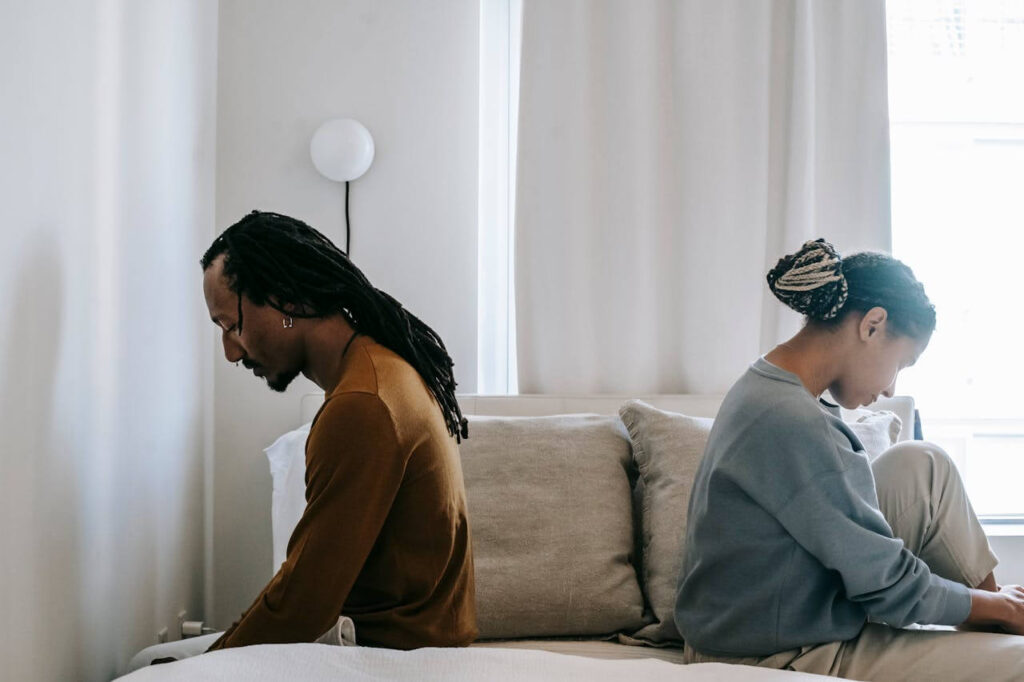


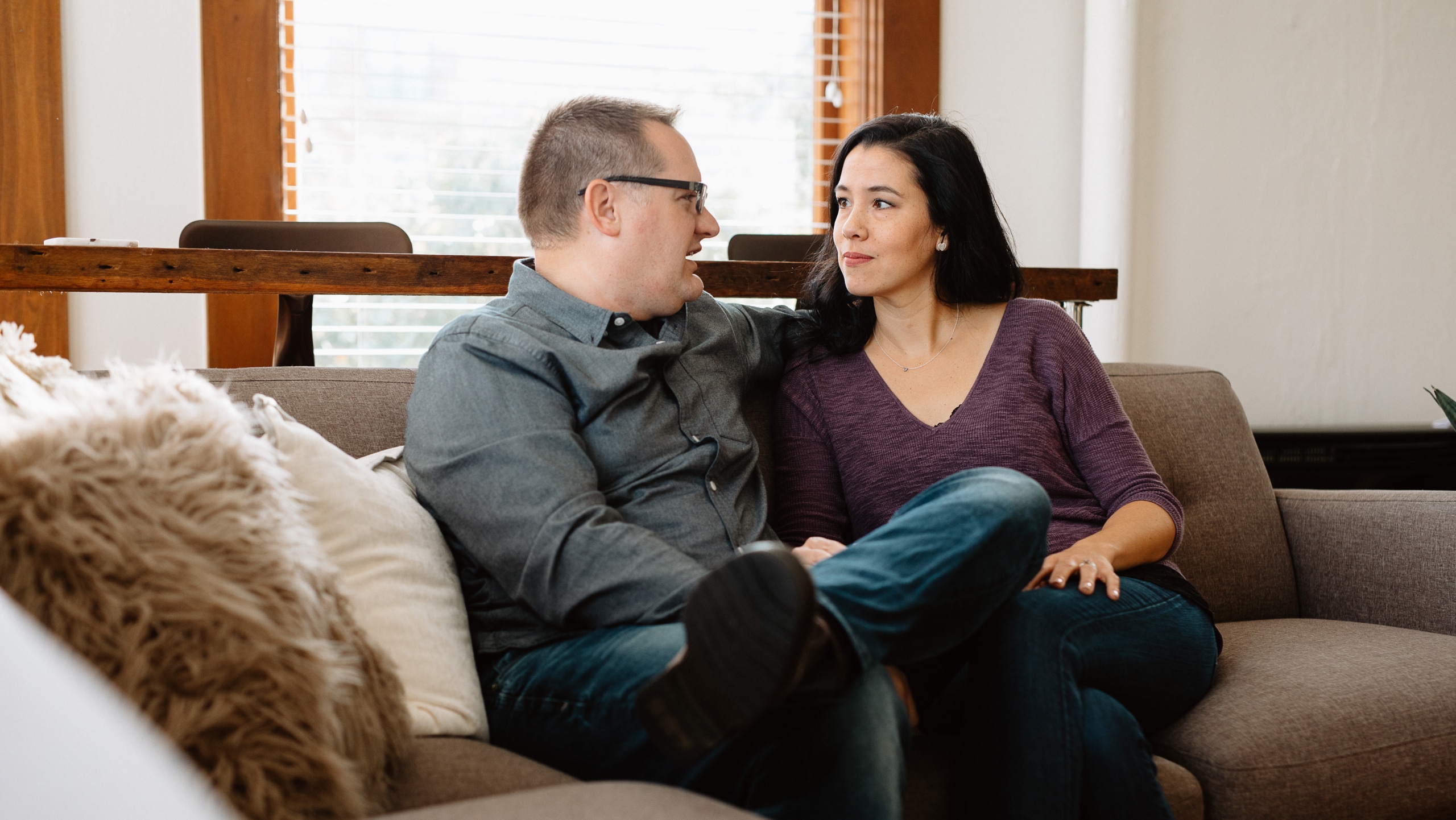






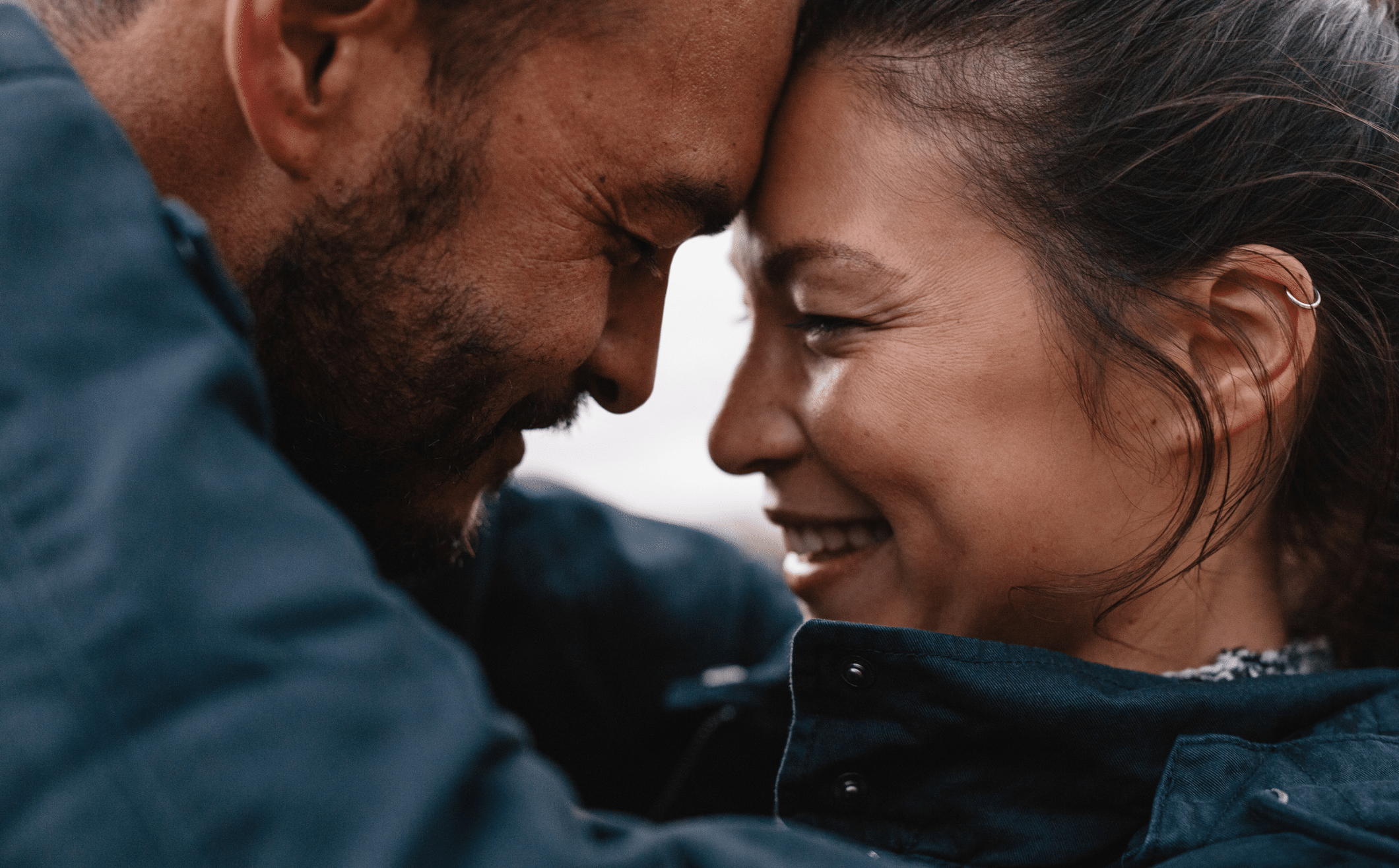
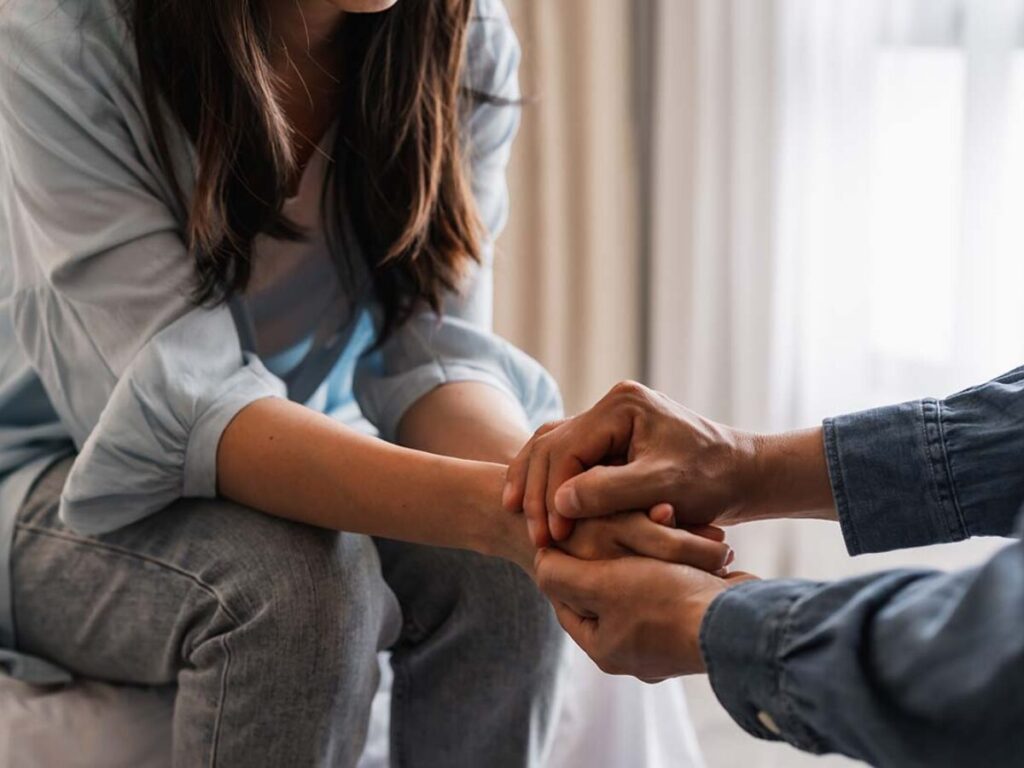
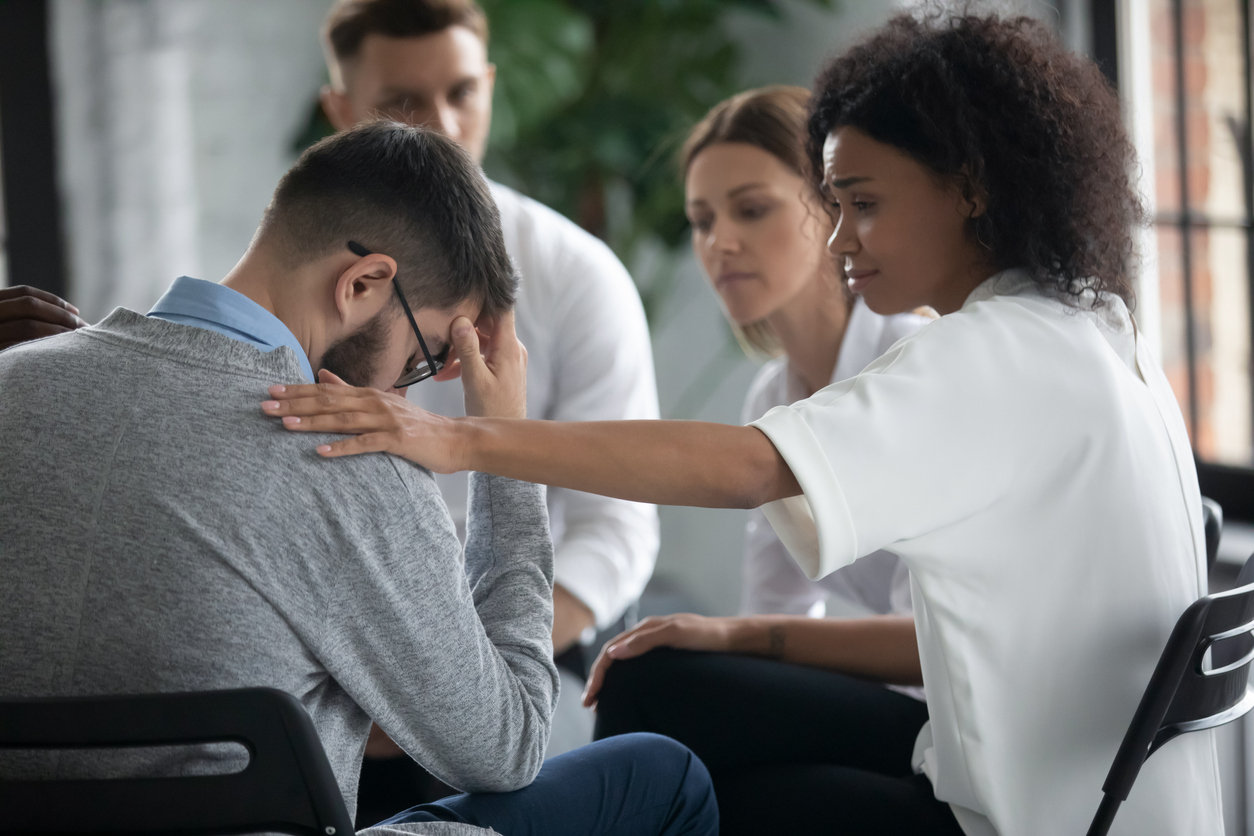

Recent Comments